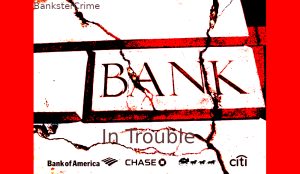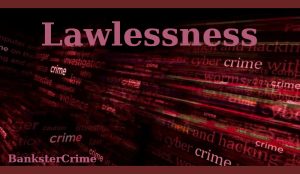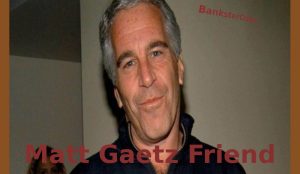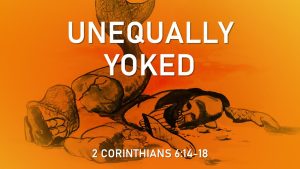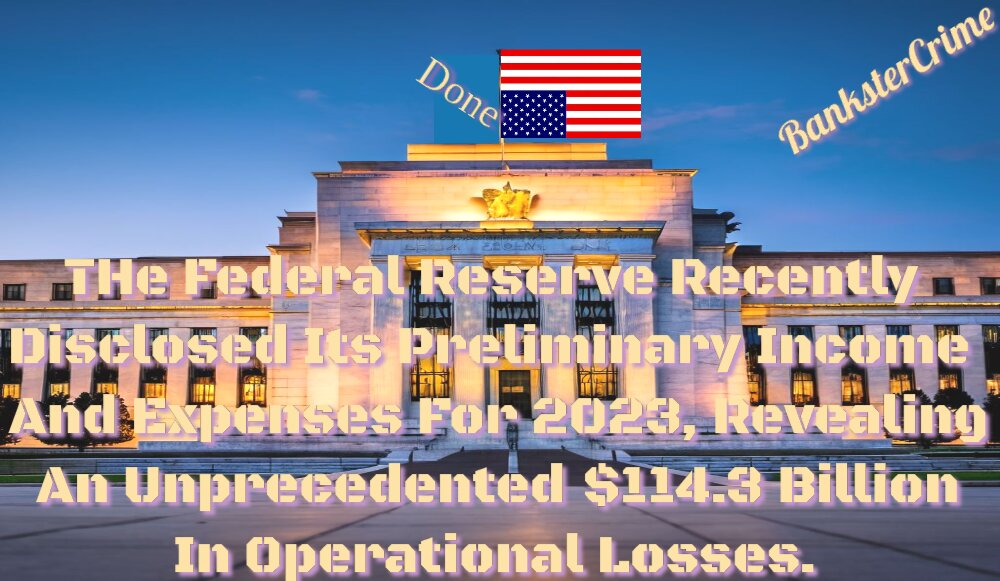
By SRH,
Soon after the three bank failures, Joe Biden said “Americans can have confidence that the banking system is safe” and “your deposits will be there when you need them.” Treasury Secretary Janet Yellen says the U.S. financial sector “remains sound.”
Can we trust them? Probably not. Within days after those comments, Credit Suisse, Switzerland’s largest bank, was infected. The Swiss banking titan was sold to UBS Group after the government first covered some losses. 11 The transaction was announced March 19.
I doubt you can stop the ripple effects of such large bank collapses. Should we try? According to the government executive, present banking regulations do not require the government to bail out these banks.
Additionally, the skewed bailout system will almost guarantee bank consolidations and the broad adoption of a central bank digital currency. Article from Newsweek, March 16, 2023:13
During a Senate Finance Committee hearing, Oklahoma GOP Senator James Lankford questioned Yellen about the Biden administration’s handling of the banking crisis, which saw the federal government bail out Silicon Valley Bank (SVB) after a bank run left it without enough cash to back up hundreds of millions of dollars of client deposits. Most deposits were uninsured.
York Community Bancorp (NYCB) ended 2023 at $10.23. Its stock closed yesterday at $4.20, down 59% year-to-date. After the market closed yesterday, Moody’s downgraded the regional bank’s credit rating to junk, causing more suffering today.
A third of the bank’s deposits aren’t FDIC-insured, Moody’s said in its down Last March, Silicon Valley Bank collapsed when $146 billion in uninsured deposits tried to leave in 48 hours, forcing the FDIC to place it into receivership.
NYCB’s share price plummeted on January 31 after the bank filed an 8K form with the SEC indicating a $260 million fourth-quarter net income loss, a dividend cut from 17 cents to 5 cents, and a $552 million provision for commercial real estate credit losses, an area of growing concern for credit rating agencies
Last September 30, the Federal Reserve ranked NYCB 28th largest U.S. bank. Assets were $111 billion at the time. It had $116 billion in assets on December 31, 2023.
NYCB’s share price is 76% lower than on January 2, 2008, the worst Wall Street financial crisis since the Great Depression. More alarming is the fact that Citigroup, Barclays, and Deutsche Bank have lost much more market value in the same timeframe. Chart above.
On September 30, 2023, Citigroup had $2.4 trillion in assets, Barclays $2.01 trillion, and Deutsche Bank $1.49 trillion. Barclays and Deutsche Bank are U.K. and German banks, but derivatives and trading link them to U.S. global banks.
Citigroup received secret cumulative Fed loans totaling $2.5 trillion from December 2007 to July 2010, Barclays $868 billion, and Deutsche Bank $354 billion, according to the GAO audit after the 2008 financial crisis. The public didn’t know Citigroup was bankrupt and receiving Fed backing or that the Fed was providing foreign banks hundreds of billions of dollars. (See GAO audit graphic below.)
Perhaps New York Community Bancorp’s $81.4 billion in uninsured deposits should not be a primary concern for bank regulators today.
On June 30, 2023, the FDIC reported 4,645 federally insured commercial banks and savings associations in the US. All 4,645 institutions had $7.134 trillion in uninsured deposits at the end of the second quarter. As of June 30, JPMorgan Chase Bank, Bank of America, Wells Fargo, and Citigroup’s Citibank had $4.185 trillion in uninsured deposits, or 59% of all 4,645 federally insured institutions’ total.
Congress’ Senate financial and House Financial Services Committees are MAGA sycophants, and a flawed regulatory system allows the U.S. financial industry to concentrate risk irresponsibly.
On June 30, 2023, Citigroup’s Citibank reported that 85.5% of its $1.338 trillion in deposits are uninsured, following its 2008 collapse and subsequent taxpayer and Fed bailout. The breakdown is: Domestic and international offices have $548.33 billion and $595.4 billion in uninsured deposits, respectively. (FDIC does not cover overseas deposits.) The entire deposit base is $1.338 trillion, with $1.144 trillion in deposits without FDIC insurance.
This is how the other three megabanks divide down: 59 percent of JPMorgan Chase, 51 percent of Wells Fargo, and 49 percent of Bank of America deposits are uninsured.
Until Congress reinstates the Glass-Steagall Act, the US banking sector will cycle between crises. Note that former New York Fed President Bill Dudley calls this the first banking crisis since 2008, although charts show it’s the third.
Silicon Valley Bank failed in March after a $1.8 billion bond portfolio loss caused a run on deposits. Wall Street doomsayers are likewise worried about big banks’ massive unrealized losses.
“‘Higher for longer’ is absurd baloney,” market expert Larry McDonald wrote on Sunday, alluding to the Fed’s announcement to retain interest rates at their present level beyond 2024 to combat inflation. “A 6% + Fed funds and Bank of America is near insolvency.”
Remember that BofA’s $130 billion losses are unrealized. Since it hasn’t sold its bonds, it’s not in the red like SVB.
On last month’s earnings call, the bank’s chief financial officer, Alastair Borthwick, dismissed market concerns by saying most of its fixed-income portfolio was low-risk government bonds it would retain until the debt expired.
“All of these unrealized losses are on government-guaranteed securities,” he told reporters. “Because we’re holding them to maturity, we will anticipate that we’ll have zero losses over time.”
Spooked BofA customers may pull their money in masse, like they did with SVB, but that hasn’t happened. Deposits rose as 200,000 new accounts were opened in the third quarter.
With the Federal Reserve signaling that its tightening campaign is nearly complete, some analysts believe the Treasury-market fall is past its peak. Tuesday’s 10-year yield fell from 5% to 4.6% in recent weeks.
All of this makes preparing and being independent crucial. We may soon lose the things we’ve taken for granted our whole lives, and what’s coming isn’t good for you unless you’re part of the globalist cabal that will escape the slave system.
Being more resilient to these changes could involve investing funds in precious metals (the real ones, not the paper) and land, or tradeable products that can endure inflation. A private well, rain collecting system, and shelf-stable goods may be good investments.
Remember that AI is the “beast” that will power the slave system. Yuval Noah Harari, the World Economic Forum’s intellectual guru, portrays technocrats’ expanding capacity to hack humanity with a formula: BxCxD=AHH.27
B represents biological knowledge, C computational power, D data, and AHH human hacking skill. Your list should include “starving the beast” because AI needs large volumes of real-time data for the control system.
Remove Google and Facebook, two of the biggest data miners, from your apps and devices. CBDCs, which are not currencies but population control tools, and digital identification, which tracks everything you do online and offline and strips you of essential rights and freedoms depending on your social credit score, must also be rejected.
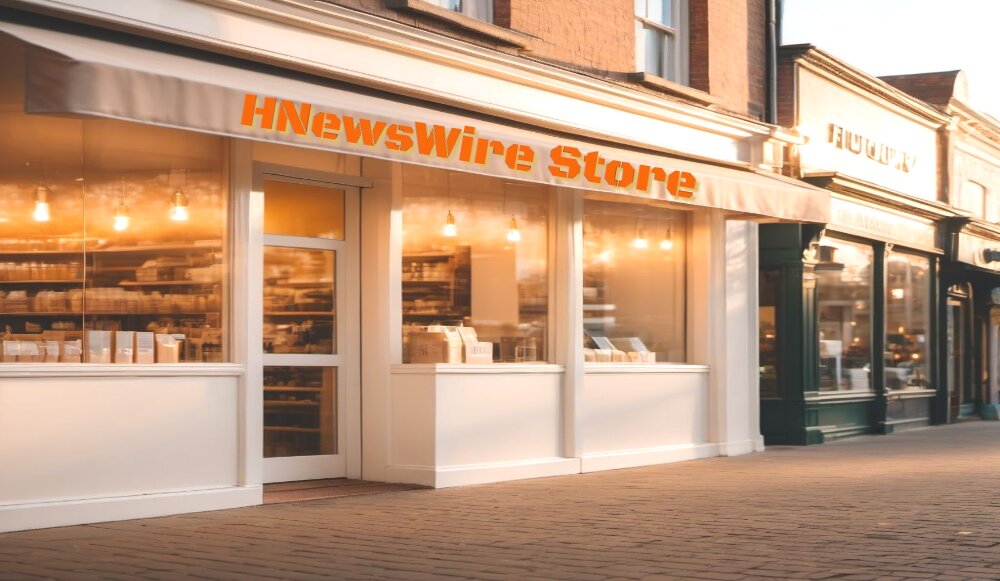
![]()
